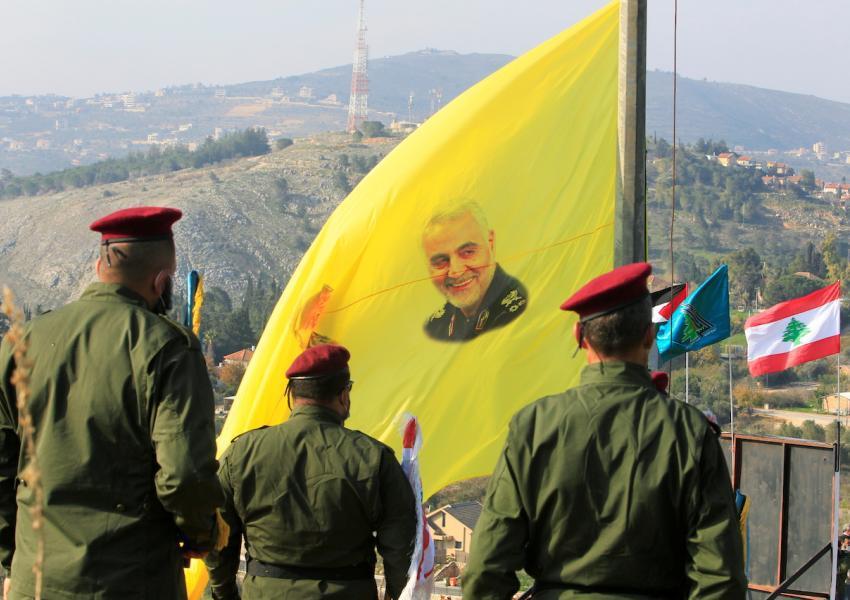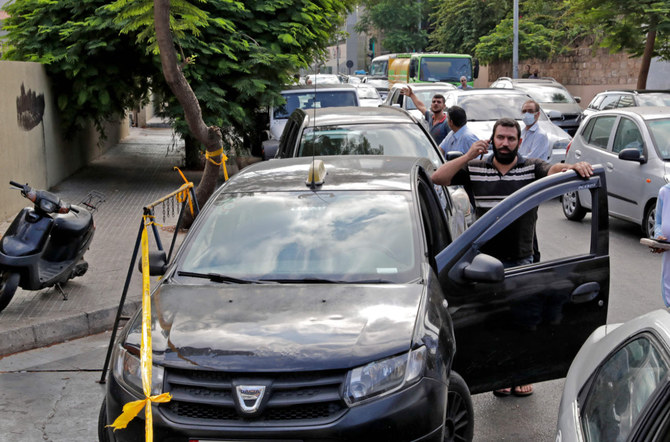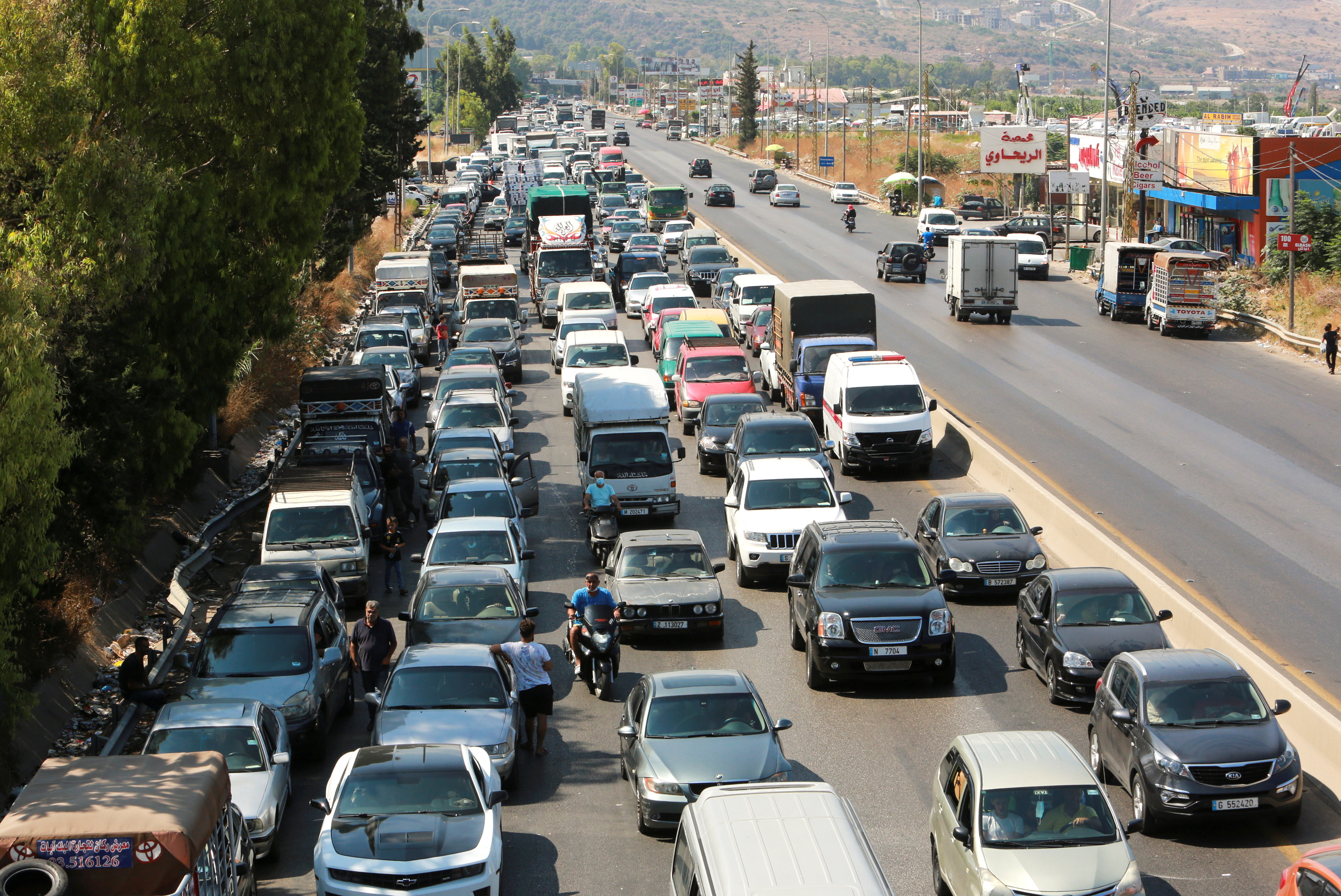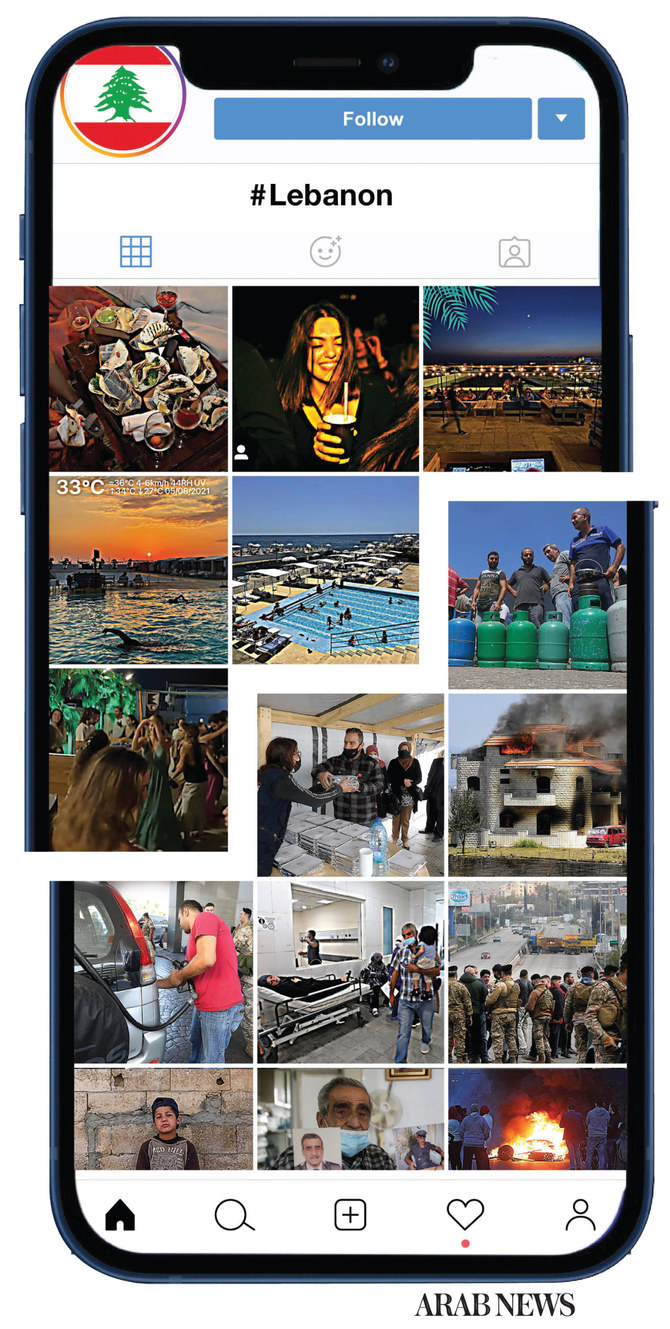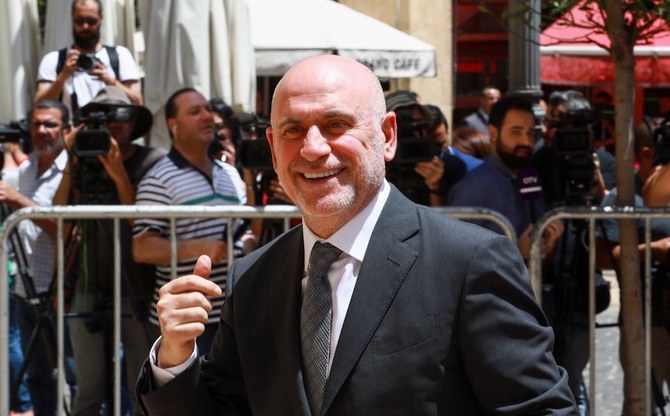
BEIRUT (AP) — Drenched in sweat, doctors check patients lying on stretchers in the reception area of Lebanon’s largest public hospital. Air conditioners are turned off, except in operating rooms and storage units, to save on fuel. Medics scramble to find alternatives to saline solutions after the hospital ran out. The shortages are overwhelming, the medical staff exhausted. And with a new surge in coronavirus cases, Lebanon’s hospitals are at a breaking point. The country’s health sector is a casualty of the multiple crises that have plunged Lebanon into a downward spiral — a financial and economic meltdown, compounded by a complete failure of the government, runaway corruption and a pandemic that isn’t going away. The collapse is all the more dramatic since only a few years ago, Lebanon was a leader in medical care in the Arab world. The region’s rich and famous came to this small Mideast nation of 6 million for everything, from major hospital procedures to plastic surgeries.
THE NEW NORMAL
Ghaidaa al-Saddik, a second-year resident, had just returned from a week off after an exhausting year. Back on duty for a week, she has already intubated two critical patients in the emergency room, both in their 30s. She struggles to admit new patients, knowing how short on supplies the hospital is, scared to be blamed for mistakes and questioning if she is doing her best. Many patients are asked to bring their own medicines, such as steroids. Others are discharged too soon — often to homes where power outages last for days. “You feel like you are trapped,” said al-Saddik. The 28-year-old spends more nights in the staff dorms studying because at home, she has no electricity. She moved to an apartment closer to the hospital that she shares with two other people to save on rent and transportation. With the collapse of Lebanon’s currency amid the crisis, her salary has lost nearly 90% of its value. With fewer and fewer residents, she must now do the rounds for about 30 patients, instead of 10. Her mentor, a senior virologist, has left Lebanon — one of many in a brain drain of medical professionals. “I want to help my people,” she said. “But at the same time, what about me being a better doctor?” ___
RUNNING ON EMPTY

